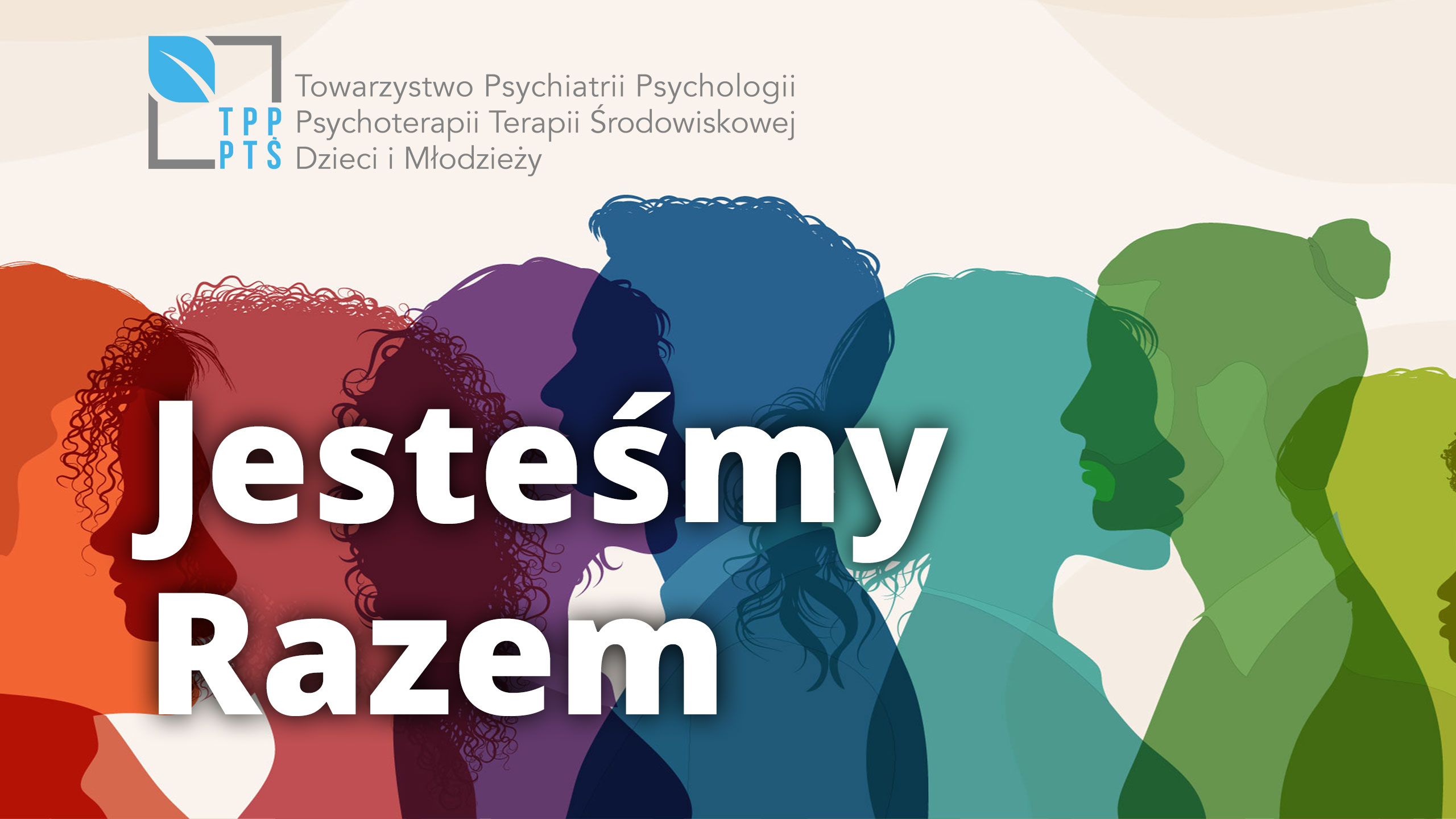Evidence-based practice guideline for the treatment of adult patients with depressive disorders. Part II: Psychotherapy
 Affiliacja i adres do korespondencji
Affiliacja i adres do korespondencjiThis document is the second instalment in a two-part series outlining evidence-based recommendations for the treatment of adult patients with depressive disorders. Part II focuses on psychotherapy as an important treatment option – as a standalone treatment or in combination with pharmacotherapy. This guideline adapts the definition of evidence-based practice in psychology, as proposed by the American Psychological Association, to the practice of psychotherapy. As such, evidence-based practice in psychotherapy is anchored in best available research evidence, the psychotherapist’s clinical expertise, and the patient’s characteristics, culture and preferences. The article reviews the best available research evidence for psychological treatments for depression and describes in some detail each of the current empirically-supported treatments with strong and modest research support. Further, it discusses the key components of clinical expertise, as it relates to both the person of the therapist and the process of psychotherapy. In particular, the discussion covers the following key areas of clinical expertise: 1) assessment, diagnosis, and case formulation; 2) treatment planning and implementation and ongoing monitoring of patients’ progress; 3) interpersonal expertise; 4) self-reflection, utilising available resources and ongoing professional growth; 5) scientific expertise; and 6) diversity expertise. Finally, the guideline addresses important patient-related variables and how they should inform treatment in order to maximise its effectiveness.














